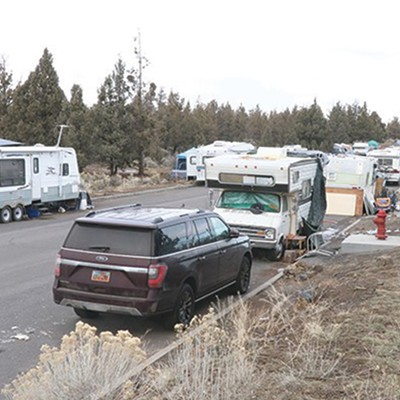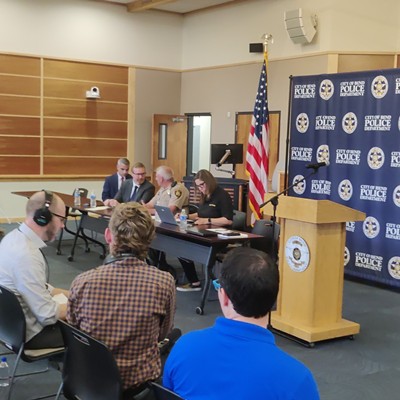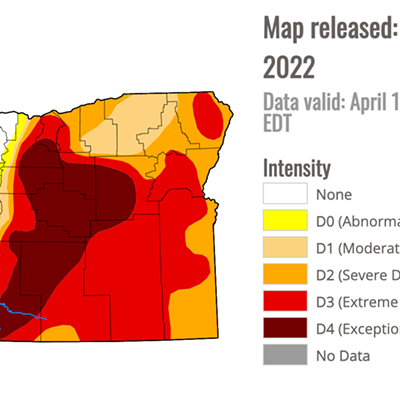Early this month, Gov. Kate Brown released her recommended budget for the 2017-19 biennium. The budget's title: "Strategic Investments for Challenging Times."
"Sustaining hard fought gains is nearly impossible with a tax system that is unstable, inadequate to meet our essential needs, and fundamentally out of balance," said Gov. Brown.
In November, voters approved Measure 96, dedicating 1.5 percent of state lottery proceeds to support Oregon veterans. It was the most-supported measure on the ballot. Meanwhile, Oregonians voted in favor of Measure 98, which requires state funding for dropout prevention and career and college readiness. But as we've seen in many instances this election season, voting in favor of something (or someone)—and having it actually win the popular vote doesn't mean it's going to come to pass as expected.
In the case of Measure 96, Gov. Brown's proposed budget sets aside the promised amount from the state lottery—but takes $10 million less for veteran's services from the general fund. It still means an increase for veteran's services, but ultimately means far less than voters expected.
The budget also proposes spending 53 percent less on the post-secondary efforts than Measure 98 called for. OSU-Cascades, meanwhile, would get far less than requested to continue its expansion.
Oregon Republicans blame the shortfalls on out-of-control spending. "Until we are willing to have this conversation (with Gov. Brown) and address the root of our budget problems, we will continue to experience the same kind of budget challenges we are facing today," said House Republican leader Mike McLane in a statement Dec. 1.
Gov. Brown has another explanation. "In the next biennium, reduced federal funding, increases in the cost of state services and mandates from the ballot leave us with a projected $1.7 billion budget shortfall." To fix the problem, Gov. Brown called for corporations to start paying their fair share.
Voters rejected Measure 97, which would have infused the state with a projected $3 billion a year. While the measure had its flaws, the Legislature needs to try again to raise money, and soon.
Options being floated include raising fees, more sin taxes, a commercial activity tax, and increasing personal income and property taxes. The governor's budget already leans heavily on personal income, at 84 percent of state revenue. Corporate taxes bring 5 percent to the state coffers—roughly the same percentage brought in by the Oregon Lottery. Compare 84 percent versus 5 percent, and we agree with Gov. Brown's statement: "State government will tighten its belt and live within its means, but not without painful cuts to critical programs at a level I find unavoidable and unacceptable." She went on to say that corporations need to pay their fair share.
Oregon's Republicans may say it's spending, but it's not a spending problem, it's a revenue problem. Oregon's Legislature needs to get straight to work in January working on revenue. Pay attention to spending and continue to be judicious, but also avoid the quibbling and get to work solving the problem. Our kids, seniors and veterans can't wait.
























